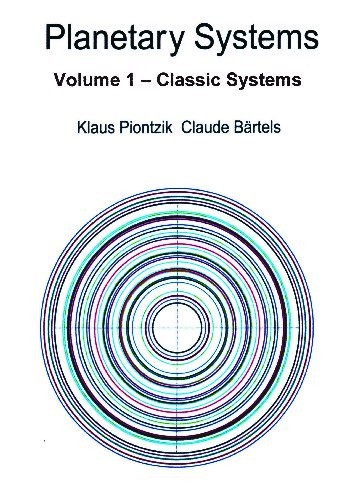| Copyright © Klaus Piontzik | ||
| German Version |
| The German physicist W. O. Schumann from the
Technical University of Munich in 1952 made exercises for the electricity
with his students. Theme at that time was the calculation of cavity resonators.
While pretending that the outer ball of the resonator should be the base of the ionosphere, so the heaviside layer, the inner ball should be the surface of the earth. The question was to determine the natural frequency (resonance) of this cavity resonator. As a result, 7.8 Hz was received. This task can be solved only by use of the differential and integral calculus. And the solution is with the discovery of so-called transversal electromagnetic waves (TM) in a cavity resonator. These are now known as Schumann waves or also Schumann resonances. The Schumann frequency is the natural frequency of the earth surface - ionospheric cavity resonator. The consequence is: |
| 3.11.1 - Theorem: | The Schumann frequency is the natural frequency of the atmosphere. |
| 3.11.2 - Definition: | Schumann frequency = fS = 7.83 Hz |
| Two simple relations of earth frequency and the Schumann frequency to the basic hull L0 are derived from equations 2.4.3 and 3.10.1: |
| 3.11.3 - Equations: |  |
 |
| Yet the following relation to the sferics exist: |
| Sferic basic frequency: | 4150.84 Hz = 11 · 25 · fo and fo= 3/2 fS |
| Also it is therefore: |
| Sferic basic frequency: | 4150.84 Hz =
33 · 24 · fS 33. natural wave = 32. harmonic wave |
| 3.11.3 - Theorem: | The sferic basic frequency is the 4th octave of the 32. harmonic of the Schumann frequency |
| Additional information can be found in the book "Grid Structures of the Earth's Magnetic Field" Chapter 15, Magnetic Layers and Frequencies 1, page 129. |

|
200 sides, 23 of them in color 154 pictures 38 tables Production und Publishing: ISBN 978-3-7357-3854-7 Price: 25 Euro |